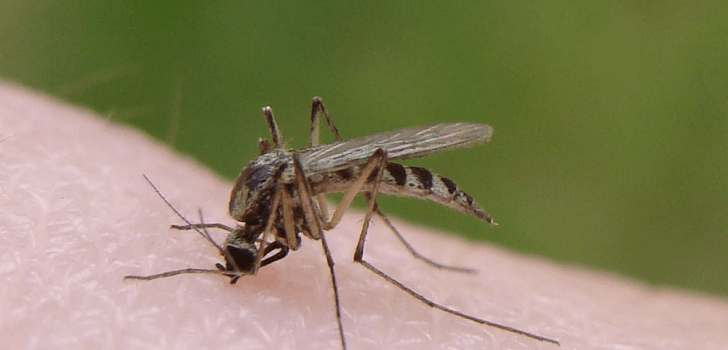A rare tropical disease named Zika has recently found its way to South America, causing a large outbreak in Brazil and infecting people in eight other countries.
Scientists do not know much about Zika and are still gathering research on the disease. It has typically been considered a mild disease, but it may be linked to many deaths and significant birth defects like microcephaly, a genetic condition causing babies’ heads and brains to stop growing before reaching full size.
While it is still unknown whether the virus caused any of these deaths and birth defects, the possibility has caused the World Health Organization (WHO) and the Pan American Health Organization (PAHO) to warn patients and doctors to be cognizant of and on the lookout for Zika.
This particular virus is transmitted to humans by mosquitos and the symptoms that Zika produces are mild, including joint pains, fever, headaches and rashes. The symptoms usually occur between three and 12 days following a mosquito bite. They usually go away within about a week, and 25% of individuals do not even experience any symptoms after being infected.
There is currently no treatment or vaccine for the virus, so doctors are working on treating and alleviating its symptoms.
Zika has not gotten much attention until now because the mortality rate is very low and researchers do not consider it a deadly virus. Dr. Marco Espinal, PAHO’s director of communicable diseases, stated that, “There have only been about 14 or 15 cases documented until 2007.” After that, there was a large outbreak in Micronesia and smaller outbreaks in various other places.
Because Zika is so rare and difficult to detect, scientists and doctors have a lot to learn about the virus.
The most immediate question about Zika is whether the virus causes developmental disorders like microcephaly as described above. For right now, it does not appear that scientists have an answer.
Espinal indicated that researchers from the Centers for Disease Control (CDC) and Brazil are investigating the possible link, but as of now it is unclear whether the virus and the disorders are related.
There is also more to discover about how deadly Zika may actually be. Although scientists have long believed that the virus is mild, as of November 30th, it has been linked to seven deaths in Brazil. As Espinal notes, “Zika has a very, very low mortality rate.” However, it is possible the virus may be more deadly than previously thought.
Espinal also said that, “There’s no need to panic. We need to evaluate the data because we don’t know the answers to many questions about Zika. We don’t even know if the virus crosses the placental barrier.”
The PAHO issued its alert regarding the threat to the Americas last Tuesday.
